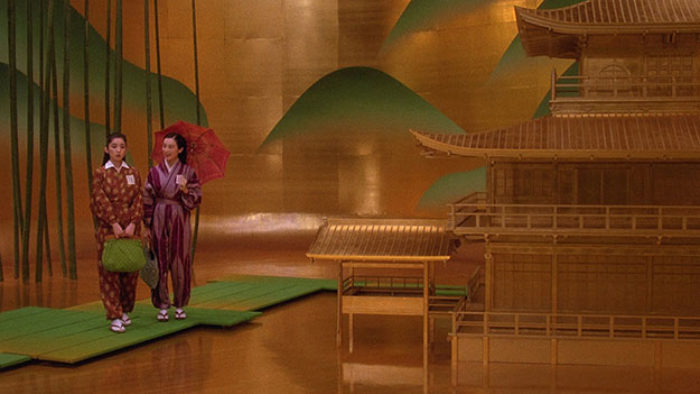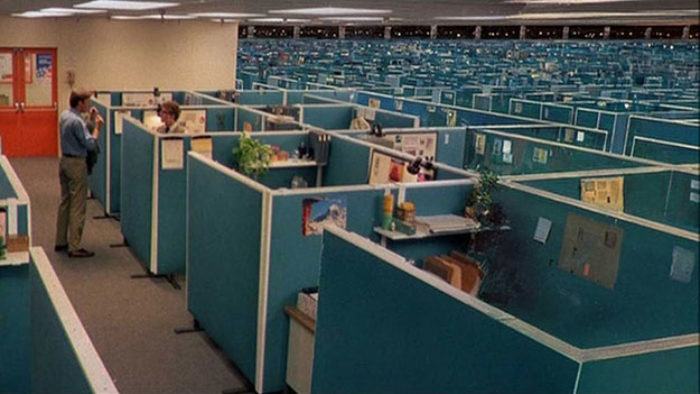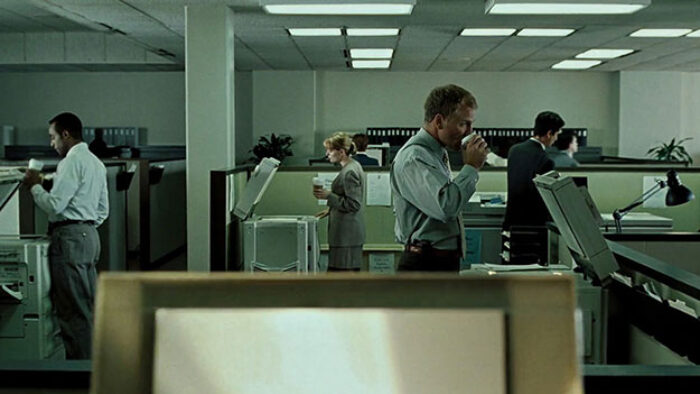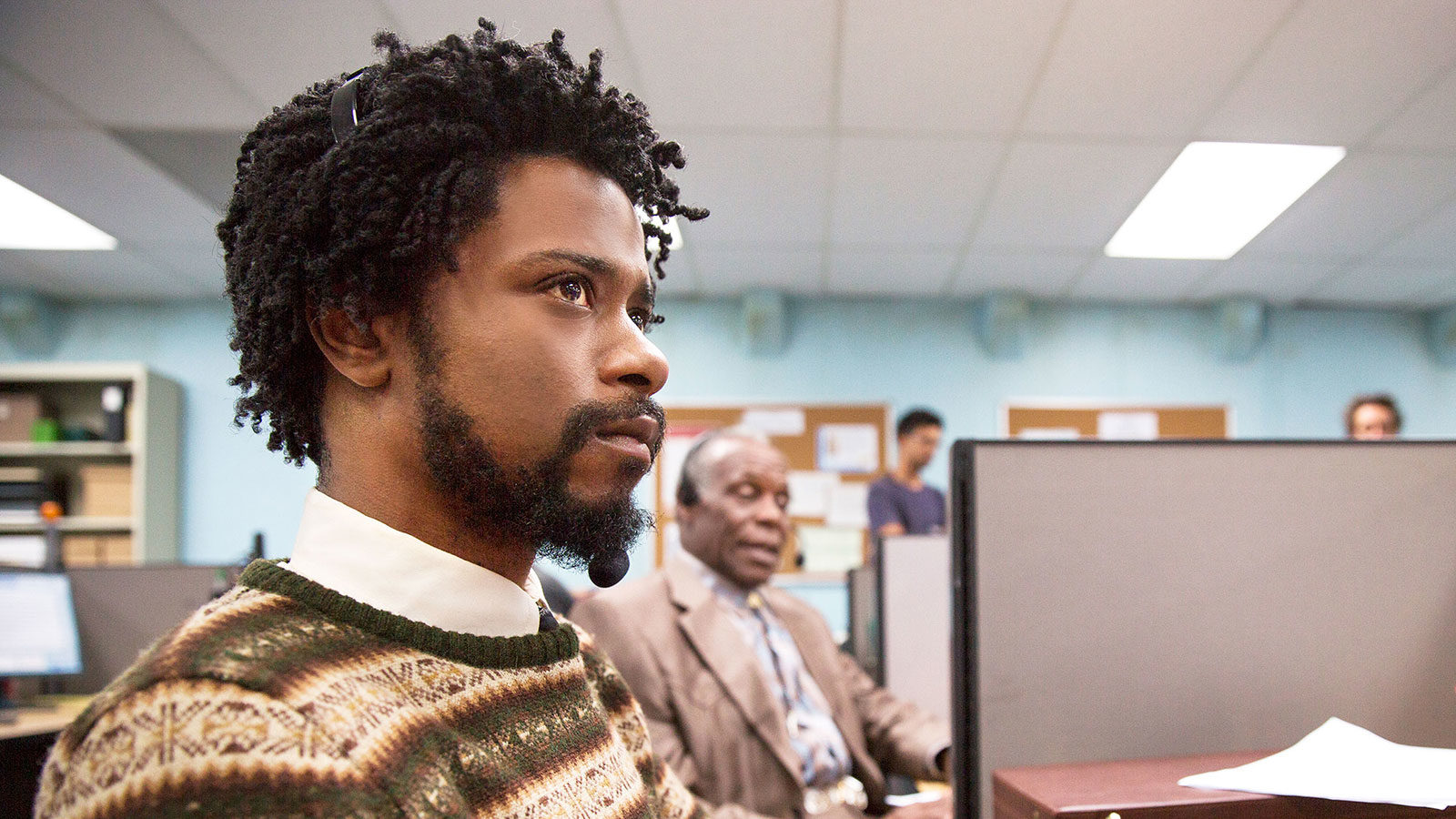
Louder Than a Bomb
I’ve been working with Merrill Garbus and Nate Brenner [of Tune-Yards] since December 2015 on the score, even before I was in the Sundance Lab. As far as I was concerned, for the last three years we were gonna be shooting “in the next three months.” We were able to talk about different music influences, which was weirdly, like, the score for Suspiria and the original Wicker Man. The Wicker Man, with that eerie feeling and the twist at the end, is the sort of Twilight Zone thing I’m a fan of.
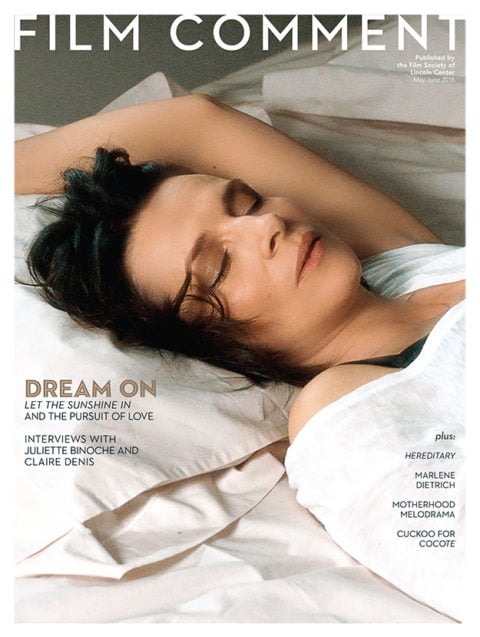
I was also inspired by Emir Kusturica: Black Cat, White Cat; Underground; Time of the Gypsies. He has this beautiful chaos that happens in Black Cat, White Cat, and you know it’s people living in poverty, but there’s optimism in it. And, visually, there’s this beautiful chaos all over the screen, with ducks that keep coming into the frame, which is something that we did, but with paper. Because I’m working with someone like Lakeith [Stanfield], who has a very sharp tool at his disposal and can carve the things I ask him to carve, we could root the performance in realism and believability and subtlety. It’s really important that all these weird things that happen in our movie happen not for the sake of being weird or eye candy, that they happen because I’m trying to solve a problem in trying to relate an idea or an emotion and that’s where those weird things happen. While we pushed the surreality, we didn’t go all the way out there like a Terry Gilliam film, but we made things beautiful.
Paul Schrader’s Mishima: A Life in Four Chapters inspired me when I was thinking up the golden elevator that allows Lakeith’s character to ascend to the upper ranks of the company, particularly that Temple of the Golden Pavilion, where the character is drawn almost hypnotically to where they’re doing the play of Mishima’s work. In our story, there’s either an elevator or car that draws you to it, and we feel like our life will be much better if we get to those things. These things are the whole embodiment of the carrot that we’re supposed to have, and this other life that we hope we could have is really hard to quantify. It’s easier when we can put it to something physical in the world, and that’s Cassius’s elevator, opening up something some new treasures to life, something he doesn’t know about, something that makes his life more exciting, more meaningful.
When it came to production design, I remember watching Lee Scratch Perry’s Vision of Paradise, and they show you Bob Marley’s room, and I said, “That is Cassius’s room. That’s what it should look like and what it should feel like.” When doing the main call center floor, I had to make it a place that seemed like a real call center, but I hate fluorescent lighting. There’s a shot from Tron that you can find online, [with] cubicles that go on for what seems forever, and another thing we looked at was the office in Fight Club. I like that it has shadows, because usually in an office there’s no shadows to be found anywhere. It’s just bright lights and no real emotion.
I’ve never seen Putney Swope, but I keep being told—ever since I went to the Sundance Labs—that I should. I liked so much of what I was doing, though, that I worried I might get influenced in a different way by that movie. I also read some interview with some cinematographer about Stanley Kubrick, and they looked at paintings to get visual references and that sounded hoity-toity and intellectual, so we definitely did that.
We did have references to go on for everything, but the making of this movie got us more unique shots, because we ended up having to be inspired by our physical surroundings and what was available to us. Like, this other location I thought was going to be the best location in the movie, all of a sudden, we were told the place got this deal where they couldn’t rent it out until later in the year, but really—and I tell everyone this—they just didn’t want us to be in there.
I think that there’s a lot of mysticism around how you do things and how you create things and the truth is it’s hard to figure out how to do things the way someone else did. That’s something that takes time and experience, but it’s easy to figure out how to create a piece of art that represents who you are and where you’re from and you don’t have to do things “right.” You can execute a vision that may not hit all of the conventions that are supposed to be done in that particular art form. I did that with music. I didn’t know what the fuck I was doing. I still don’t know what an A minor 7th is. I might accidentally play one, but I can’t tell you what that is. But who cares? I made music millions of people have heard. I went to film school, but I only used that to make investors more comfortable. I don’t remember anything from school!
Doing any kind of project, you just have to have a vision, and refine that vision. It’s gotta be something that excites people, and you need to know how to work with people, even in music. I might be doing something with a bunch of musicians, but they each know more than I do but I’m the producer, and I need to make sure my vision is strong enough for them to buy into it and I need to know when that guitar player has a better riff than I did, that that’s what we’re going to use. The collaborators are very important, there are probably some great directors who could work with a non-actor as their lead and get them to do all the things you need them to do—I’m not that guy yet. And having a DP that I can argue and butt heads with and still respect him enough to realize that he might be right on this, you know what I’m saying? Basically, what I’m trying to say is that what I’ve realized throughout my whole artistic career is that nobody knows what the fuck they’re doing.
Closer Look: Sorry to Bother You opens on July 6.
April Wolfe is a writer and filmmaker in Los Angeles. She hosts the Switchblade Sisters podcast on the Maximum Fun network.



